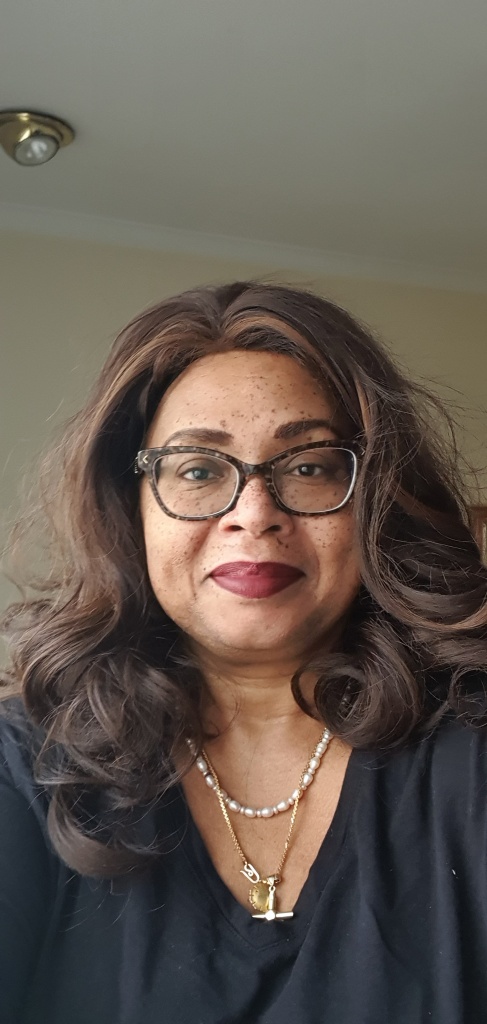
In this interview with African Voice Newspaper, Michaelene Holder-March, a Healthcare Executive with working experience in both mental, acute and private care sectors outlines the help available to readers who may be faced with feelings of loneliness, anxiety and depression.
Michaelene said, it is important for everyone to look after their mental and physical wellbeing.
Every Mind Matters is a NHS-approved website with expert advice and practical tips to help you look after your mental wellbeing and support others to do so. It offers a free “Mind Plan” quiz which asks a few simple questions to help you build a personal action plan, showing you simple steps to look after your mental wellbeing.
Help is available through NHS Talking Therapies if you are struggling with anxiety and/or depression. Your GP can refer you or you can refer yourself online via nhs.uk/talk. For those whose first language is not English, talking therapies can be delivered through multi-lingual therapists or through confidential translators.
“What we do know is that COVID-19 can be very stressful for most people although everyone reacts differently to stressful situations. There is misinformation, fear and anxiety about this disease which can cause paralysing emotions.”
The Community Health Transformational Specialist and founder of BAME Health Collaborative, Michaelene, further stresses that society can rely on the NHS and other professional organisations to provide mental health care and support at all times.
“It is important for people to know that during this time of global pandemic, it is normal to feel bored, frustrated or lonely. You may also have a low mood, feel worried or anxious or be concerned about your health or that of those close to you.”
“Some people, especially those with pre-existing mental health problems, may need extra support. Attending health seminars and community-wide health awareness training workshops and where Covid social distancing rules allow, or online will help families and friends to identify the triggers for when clinical intervention is required.”
Social media platforms have provided an opportunity to create a virtual environment to communicate, debate and express needs and innovate. Video calls, online classes and games are a great way of reaching out and checking in with friends/family.
Healthy ways to cope during COVID-19:
• If medications are prescribed, it must be taken timely even if you feel well and back to your normal.
• Keep in contact with your healthcare provider (e.g., GP, counsellor)
• Keep hospital appointments including telephone appointments.
It’s important to maintain habits and routines.
• Avoid excessive alcohol and drugs
• Exercise (gentle or active);
• Take much needed breaks from watching, reading, or listening to news reports, including those on social media. The repeated information and discussions can be upsetting.
• Communicate! Share your feelings don’t be ashamed.
• Make time to unwind. Try to do some other activities you enjoy or start a new hobby.
• Join “safe” networks in your community or online (do not share confidential information including your address)
Other sources of help:
NHS urgent mental health helplines
If you need help for a mental health crisis, emergency or breakdown, NHS urgent mental health helplines offer 24-hour advice and support for people of all ages. `Find a local NHS urgent mental health helpline via nhs.uk/urgentmentalhealth (England only).
If someone’s life is at risk or they cannot be kept safe, call 999.
Kindly follow us on twitter:@AfricanVoice2
.










